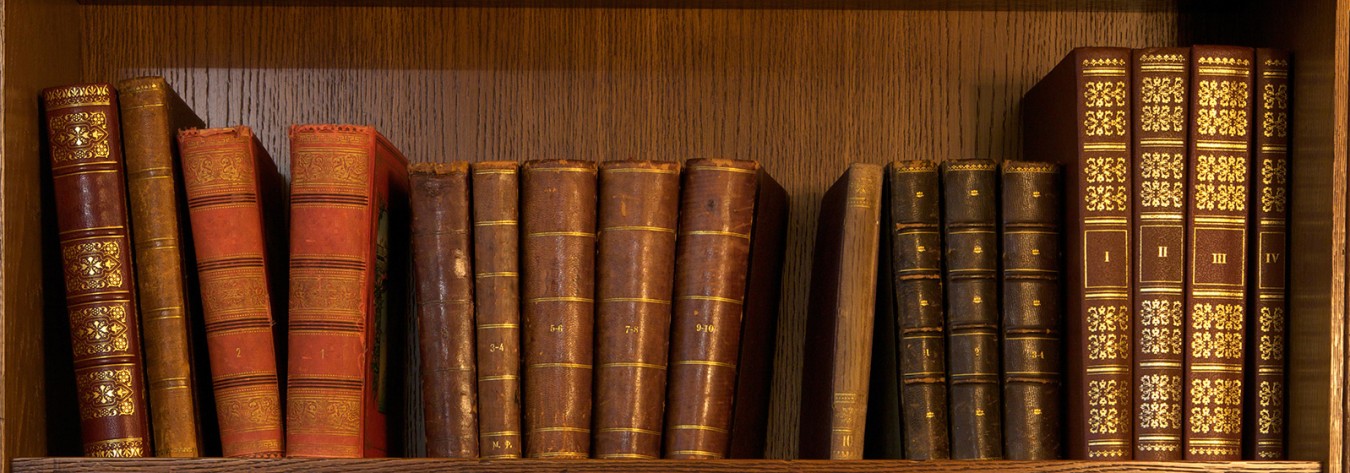When I was a child, the grammar school I attended regularly hosted a book fair.
For a few glorious days, a couple of times a year, the foyer of the grand assembly hall would be transformed into a bookshop: a treasure trove where the tables were lined with editions from British publisher Penguin Books.
In those days there were few cover illustrations. The general fiction books were a uniform orange and white, with the title and author’s name in black. Crime fiction editions, on the other hand, were white and green.
The books, if memory serves, were each offered at a special rate of one shilling and sixpence (in old UK currency), and my parents, always eager to encourage me to read, would give me three shillings—enough money to buy two books. The torture of it: so many titles, so many authors! How to choose?
I still remember the excitement of opening the books I finally chose: the smell of the paper, perhaps even the ink. And I loved the way my collection of books began to fill the shelves of the room I shared with my younger brother, whose interests were more focused on getting his hands dirty.
In fact, my earliest memory of books and of experiencing the power they would have over me for the rest of my life, began far earlier when I was given for my birthday—perhaps my sixth—a Rupert Bear Annual.
One of the stories in it concerned a donkey that was abused, and the images so upset me that I cried every time I turned to a particular page. Eventually, my parents confiscated the volume and hid it away, greatly concerned at my distress.
Happily, books are more often a comfort.
Those formative years at grammar school—during which I read such books as the works of Charles Dickens and Robert Louis Stevenson and, later, J D Salinger and John Steinbeck—set a pattern that is still with me today: I tend to be indiscriminate if not downright promiscuous in my reading.
I often have more than one book on the go at a time. This may be a work of fiction, a memoir of some kind and perhaps something more meditative or philosophical.
The authors I read are a mixed lot, too, from Barbara Pym and Susan Hill CBE to Ruth Rendell CBE and P D James. Writers I often return to include Patrick White and Anthony Burgess, while Alan Bennett is a constant source of entertainment and erudition.
Books on theatre—biographies and autobiographies of great actors—and theatre craft rub shoulders with political portraits and histories; those on cooking and fine wine with books on Buddhism and mindfulness.
There is hardly a room in the house that is not lined with books. In particular, the sitting room benefits from a collection of The Folio Society’s editions housed there.
This UK-based publisher produces beautifully bound and printed volumes in slipcases, which are a great joy to handle and enhance the reading pleasure.
A copy of Anthony Powell’s magnificent A Dance to the Music of Time is housed here, as are the letters of Anton Chekov. There is Marcel Proust, and the complete works of Jane Austen. I am especially proud of a facsimile edition of the First Folio of the complete works of William Shakespeare.
Visitors often ask if I have genuinely read all of the books in the house and I can honestly say that I have, although some I may have abandoned part way through, on the assumption that I will pick them up again at some point to reconnect with them when my mood is better suited.
Books that I simply cannot finish because I find them bad and to which I know I will never return are passed on. I simply refuse to throw books away.
There remains the vexed problem of the future of publishing. Some argue that the paper volumes lining my shelves are redundant as everything will soon be digital.
I confess I do have a Kindle and that it is far more agreeable than I had imagined it would be. But the truth is, if I read something on the Kindle that I think I may want to read again, I often buy a hard copy.







